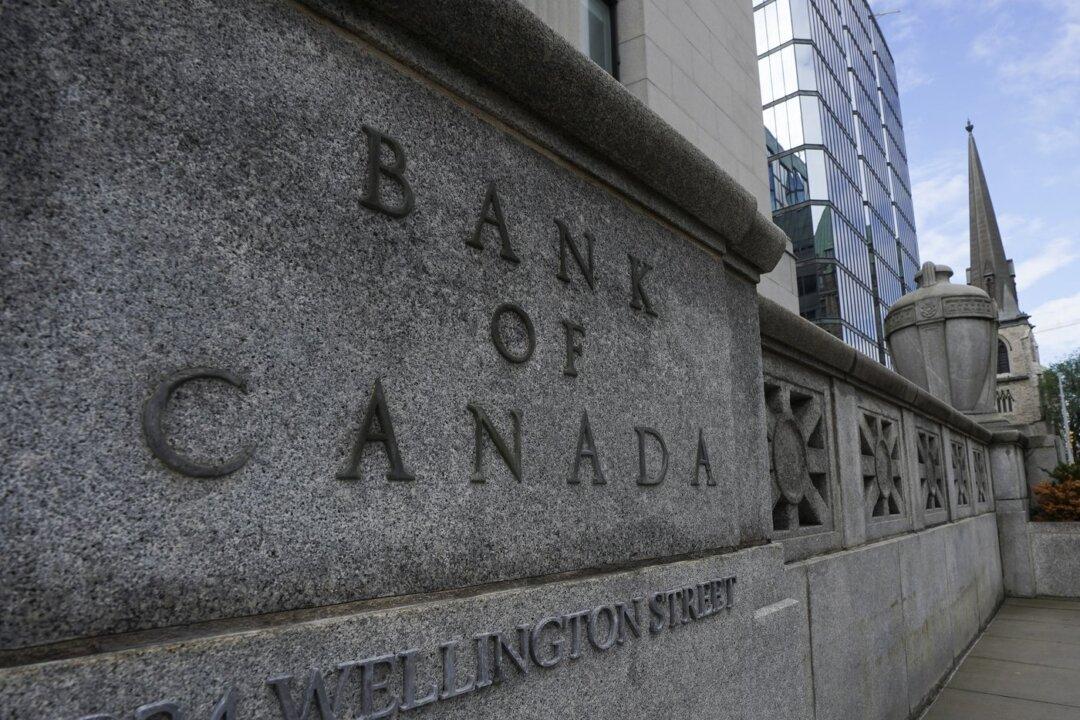Deputy Prime Minister and Finance Minister Chrystia Freeland said on Sept. 7 that Canadians should have “trust” in the Bank of Canada to tackle inflation after it announced another rate hike earlier that day.
“From my perspective, now more than ever is a time for Canadians to build social trust with each other and to have trust and confidence in Canada’s fundamental governing institutions,” Freeland said while in Vancouver to attend the Liberals’ cabinet retreat.





